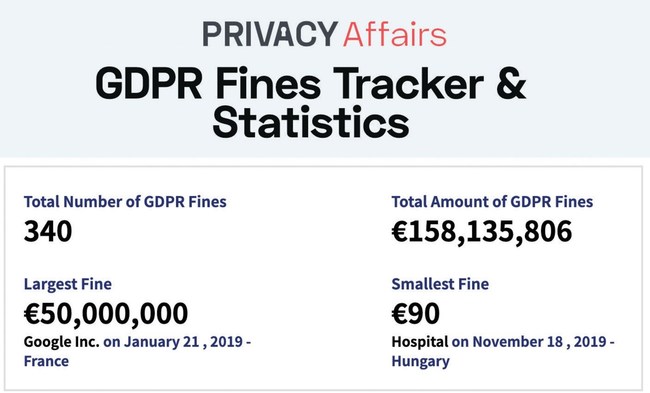The Office of Financial Sanctions Implementation (OFSI), part of HM Treasury and the authority for the implementation of financial sanctions in the United Kingdom, issued the guidance July 27. It follows issuance of a similar advisory by the U.S. Departments of State and Treasury and the U.S. Coast Guard in May.
In its guidance, the OFSI warned, “illicit activity could occur across multiple sectors involved in the maritime industry.” Maritime insurance companies, charterers, unions, classification societies, oil companies and refineries, customs and port state controls, flag registries, and shipping industry associations are all exposed to financial sanctions risk.
The maritime guidance includes a discussion about high-profile sanctions regimes, include those in place for the Democratic People’s Republic of Korea, Iran, and Syria. It further advises companies refer to the relevant sanctions regulations to determine what restrictions apply in relation to any given regime.
Illicit shipping practices
“Individuals and entities with exposure to the maritime shipping sector should be aware of the non-exhaustive list of illicit practices below and ensure compliance and due diligence procedures take account of them,” the OFSI stated in the advisory.
Like the U.S. maritime sanctions guidance, the U.K. sanctions guidance goes into significant detail about common deceptive shipping practices, including:
- Ship-to-ship transfers used to facilitate the illicit transfer of coal, crude oil, and petroleum products to evade sanctions;
- Disabling or manipulating the automatic identification system (AIS) on vessels;
- Cyber-attacks from cyber-focused military units tasked with generating income for the regime it reports to;
- Bank accounts used as fronts to conduct transactions in violation of sanctions and facilitating illicit shipping practices;
- Falsifying documentation accompanying maritime transactions; and
- Physically concealing illicit cargo aboard a vessel.
Due diligence
The OFSI does not recommend any specific measures to mitigate deceptive shipping practices, only advising that each company “assess its own risks and put due diligence measures in place to manage these risks.” However, it does recommend a few general due diligence considerations, including the following:
Do your homework. “Companies conducting activity in or around high-risk jurisdictions should seek to have a robust understanding of the sanctions regulations in place, including the relevant obligations,” the OFSI said.
Consider AIS screening. Ship owners, charterers, insurers, flag registries, and port-state control entities may wish to consider “AIS switch off” clauses in contracts. “While AIS switch off does not necessarily confirm illicit shipping practices, it may be one of several indicators for consideration,” the OFSI said. “Due diligence could be enhanced, for example, through contacting vessels that have ‘gone dark’ by switching off their AIS. This is to better understand the cause of disconnection, noting such instances, and reviewing for trends.”
Consider subscription-based resources. Subscription-based resources may allow for checks on ownership structures, vessel flag information, details of home ports, and recently visited ports. “However, this information is also readily available online and can be accessed freely, which helps companies with limited resources to carry out a variety of checks to provide initial indicators of behavior,” the OFSI said.
Check validity of financial transactions. Suspected fraudulent letters of credit, bills of lading, loans, and other types of financial instruments should always be checked with the relevant institution for validity. Any person dealing with funds or economic resources owned, held, or controlled by a designated person (DP) or those operating on a DP’s behalf should immediately freeze the assets or funds and alert the OFSI.
Conclusion
Companies and sanctions compliance officers in the maritime industry should review both the OFSI maritime guidance in conjunction with the U.S. Global Maritime Advisory when determining what due diligence measures to put in place. Even companies with well-embedded enhanced due diligence measures in place should still consider conducting a review to ensure they’re accounting for all the deceptive practices highlighted in the maritime guidance documents.
Conversely, other companies whose due diligence practices are not as mature may find they’ll have to conduct a significant risk assessment to identify the red flags highlighted by the OFSI and get their due diligence processes up to par.
A client alert from law firm Eversheds Sutherland further recommends considering revisions to contractual clauses to ensure they address risks posed by, and offer protection against, deceptive shipping practices. Such provisions may include, for example, AIS-disablement provisions; corresponding termination rights to regulate vessel behavior in active transactions; and representations and/or warranties concerning the vessel’s past transactions, the law firm advised.
Breaches of financial sanctions come at hefty cost. Under the Policing and Crime Act of 2017, the OFSI has authority to impose monetary penalties of up to 50 percent of the value of the breach or up to £1 million (U.S. $1.3 million), whichever is higher.
The OFSI can also refer cases to law enforcement agencies for investigation and potential prosecution. Breaches of financial sanctions are considered a serious criminal offense and are punishable by up to seven years in prison on indictment or up to six months for a summary offense in England, Wales, or Northern Ireland, or 12 months for a summary offense in Scotland.
As law firm Clyde & Co. stated, “It is no coincidence that two of the world’s leading sanctions enforcement bodies have both issued guidance notes to the maritime industry within months of each other. Industry participants have been warned: There are now very clear expectations of what good sanctions compliance looks like.”
Source: complianceweek







